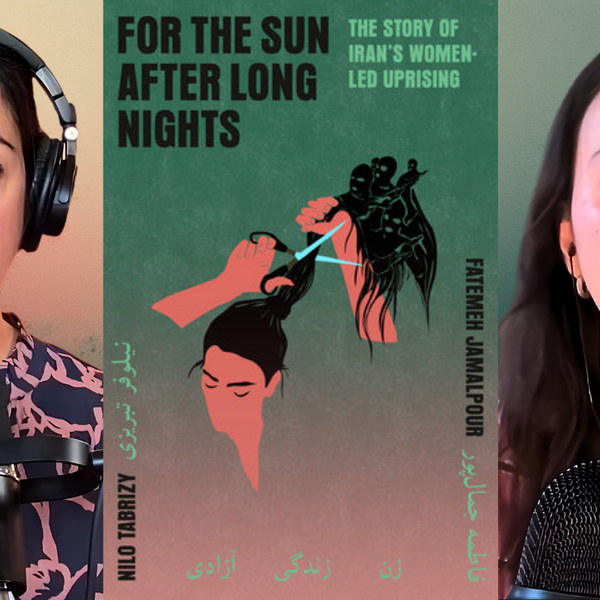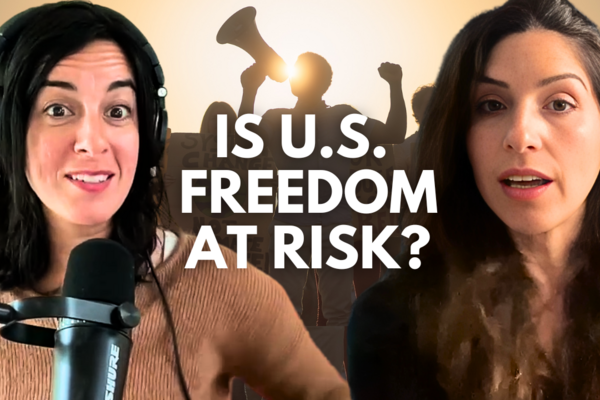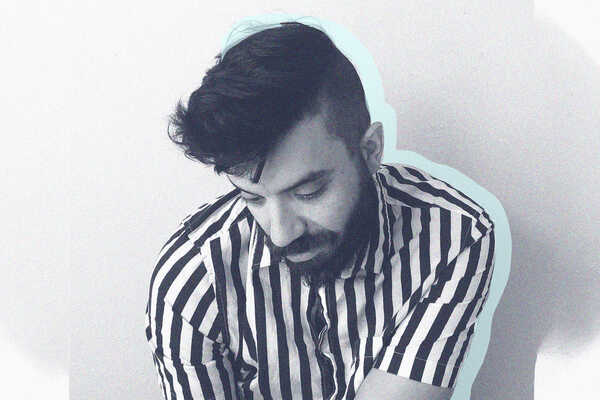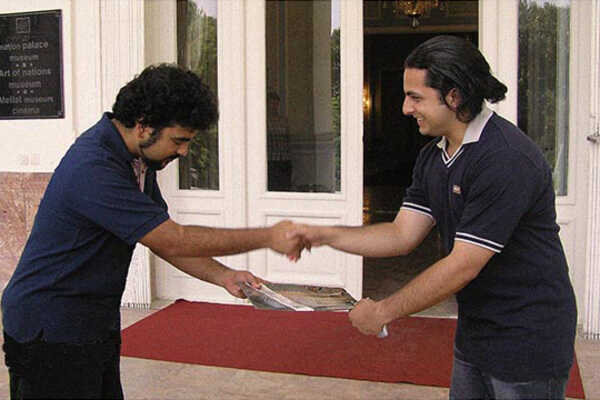
What It Means to Love a Country You Can’t Return To: A Conversation with Journalist Nilo Tabrizy
When journalist Nilo Tabrizy decided to report on Iran, she knew it would change her life forever.
Her new book, For the Sun After Long Nights, co-written with Iranian journalist Fatemeh Jamalpour, tells the story of the Women, Life, Freedom movement through two voices — one inside Iran and one outside.
The book, long-listed for the National Book Award for Nonfiction, is part memoir, part investigation, and entirely human. In this conversation, we talked about the emotional cost of telling Iran’s story, the beauty and pain of living between worlds, and what hope looks like now.
Leyla: What inspired you to write For the Sun After Long Nights?
Nilo: The book came from my friendship with Fatemeh Jamalpour, a journalist in Iran. We met years ago and always dreamed of working together. When the Women, Life, Freedom movement began, she was reporting under surveillance in Tehran, and I was covering it from afar. Our lives ran parallel — two women who loved Iran deeply but experienced it differently. Our correspondence became the heart of the book.
Leyla: You write about the emotional cost of reporting on Iran. What does that mean for you personally?
Nilo: I’ll never be able to take my friends to Iran — to show them where I’m from, to introduce them to my family. None of them will ever fully see me. And that’s because of a choice I made to report on Iran. Every story I publish is another door closing to ever going back.
Leyla: You’ve said many of us in the diaspora live under a kind of self-surveillance. Can you explain that?
Nilo: My father told me when I was little, “Even if you protest in Canada, they watch.” That fear starts early and stays with you. Even though we don’t live in the Islamic Republic, we still live under it — in the ways we censor ourselves, second-guess what we say, and worry about how it might affect people back home.
Leyla: What was it like collaborating with Fatemeh while she was still in Iran?
Nilo: It was terrifying. At one point, she told me she was going back to Iran even though she knew she might be detained because of her work for BBC Persian. She messaged me saying, “If you don’t hear from me, that means I’m safe.”
Months later, I received an email from her: “Dear Nilo, I’ve been interrogated for the past year, but I am hopeful — hopeful for change, for seeing you in Tehran.” That moment was overwhelming. Her optimism, even after everything, is what kept me going.
Leyla: How do you verify the truth of what’s happening inside Iran when you can’t be there yourself?
Nilo: We use forensic reporting — analyzing videos frame by frame, cross-referencing satellite imagery, reading signs, comparing architecture, shadows, streetlights, anything that can confirm time and place. The hardest part isn’t the technology; it’s the emotional toll of watching hours of violent footage. But accuracy matters. It’s how we honor the people who risk everything to show the world what’s happening.
Leyla: You also wrote about the tensions within the Iranian diaspora during the protests. What was that experience like?
Nilo: It was heartbreaking. While people were risking their lives in Iran, the diaspora was fighting online — cancel campaigns, misinformation, competing voices. It felt like a surreal circus of secondhand trauma. I had to shut it all off to focus on what mattered: the people inside the country. We’re all carrying inherited trauma, but sometimes we turn it against each other instead of healing together.
Leyla: What is life like in Iran now? Do people feel any sense of hope?
Nilo: Hope looks different now. There’s exhaustion and fear — but also defiance. Every woman who walks outside without a hijab is protesting. The laws haven’t changed, but the people have. That kind of courage can’t be undone.
Leyla: For those of us in the diaspora, what’s the best way to support Iranians right now?
Nilo: Lead with empathy. Verify before amplifying. Keep the focus on people inside Iran, not our own narratives. And be kind to each other. We’ve all inherited so much pain — it’s not our fault, but it’s our responsibility not to pass it on.
Leyla: What gives you hope?
Nilo: Our resilience. Iranians have fought for centuries and continue to rise again and again. As heavy as this time feels, I still believe in our ability to create beauty — through art, through truth, through love for our people.
Final Thoughts
Nilo Tabrizy’s story is one of courage and contradiction — of loss, love, and the price of truth.
For the Sun After Long Nights is more than a record of a movement; it’s a portrait of what it means to love a place you can’t return to — and to keep telling its story anyway.
Related Links


